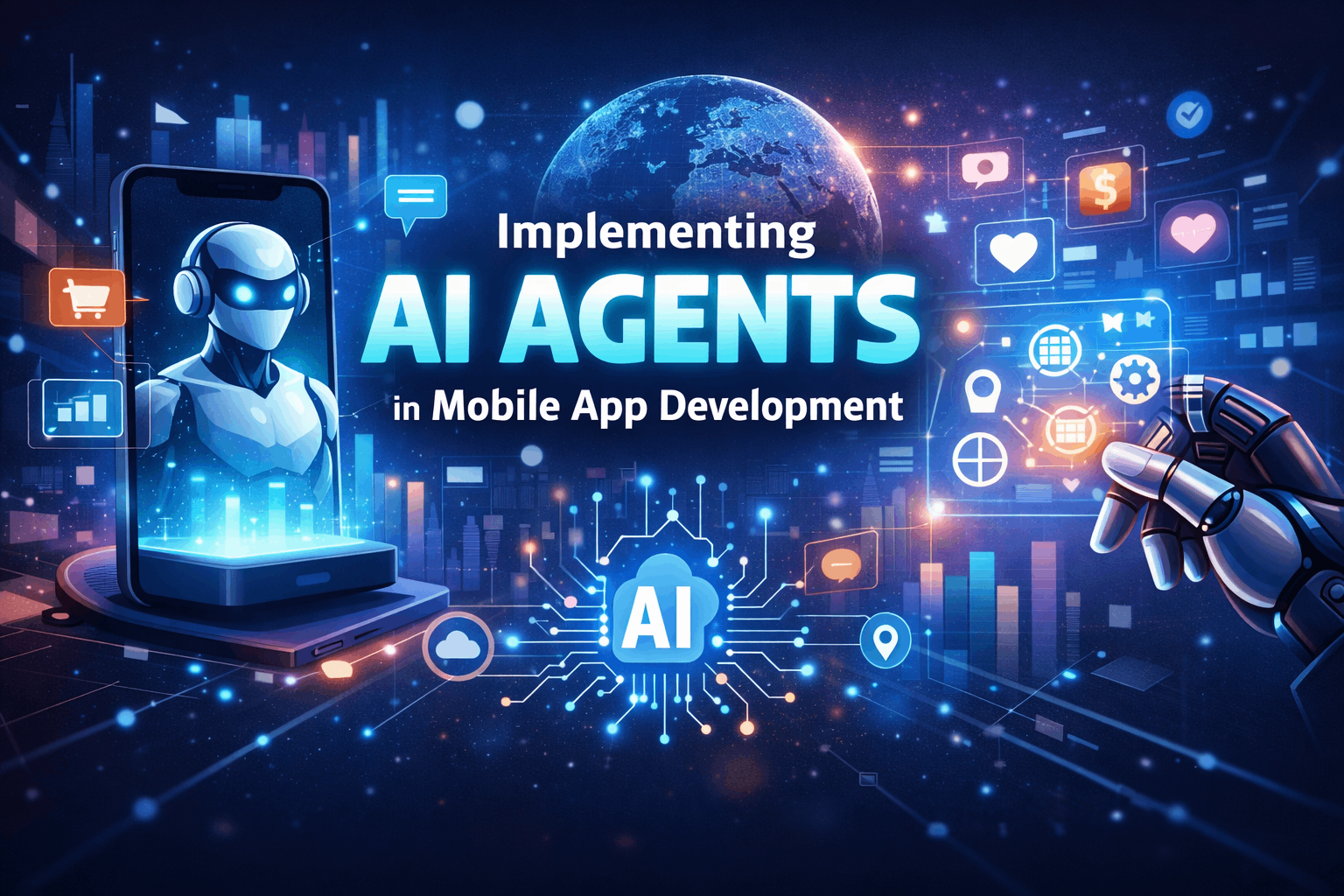Dubai is rapidly emerging as a global tech hub powered by innovation in artificial intelligence (AI), machine learning (ML), and data analytics. With initiatives such as Smart Dubai and the UAE’s AI strategy influencing both public and private sector transformation, Dubai has become a hotspot for AI development companies. These firms build cutting-edge AI solutions — from chatbots and predictive analytics to computer vision, NLP (natural language processing), and generative AI services.
Here’s our curated list of the Top 20 AI Development Companies in Dubai, spanning established names and emerging innovators.
1. Winklix
A leading AI and cloud-computing powerhouse operating at national scale. Known for foundational AI work, including NLP, data infrastructure, and large-scale AI deployments across healthcare, aviation, finance, and government.
2. Appinventiv
Renowned for enterprise-grade AI applications, conversational agents, and generative AI solutions tailored to Dubai’s dynamic business landscape.
3. Krazimo Private Limited
Specializes in bespoke AI systems with a focus on automation, smart analytics, and custom machine learning tools.
4. Apptunix
A prominent AI development partner providing bespoke AI, ML, and intelligent automation services to enterprises.
5. CSP Solutions
Leading UAE AI solutions provider that excels in customized machine learning, robotics, NLP, and computer vision innovation.
6. Q3 Technologies
Offers full-stack AI solutions including predictive analytics, intelligent automations, and business intelligence platforms.
7. OpenXcell
International tech innovator with strong AI development capabilities in mobile and cloud-based ML applications.
8. Saal.ai
AI company focusing on NLP, cognitive intelligence systems, chatbots, and recommendation engines.
9. Mobcoder
Combines UX-centred design with machine learning and AI to build interactive, scalable solutions.
10. DxMinds Technologies
Provides AI-driven digital experiences with chatbots, ML tools, and automation services.
11. SoluLab
Specialist in AI integration, machine learning models, and smart automation frameworks for enterprise clients.
12. TechAhead
Focused on performance-oriented AI, app integration, and advanced analytics solutions.
13. Fingent
Delivers AI-first enterprise systems, ML solutions, and digital transformation tools with global reach.
14. Simform
A tech partner providing complex AI system builds, predictive analytics, and automation services.
15. Notch
Focused on intelligent software products and customized AI solutions for business growth.
16. TechVoOt Solutions
Offers enterprise AI, machine learning pipelines, and generative analytics products tailored to UAE markets.
17. Emirates Software Group
Trusted technology provider with AI-enhanced digital platforms, especially for banking and regulation-intensive sectors.
18. Diginix AI IT Solutions
AI partner for SMEs offering chatbots, workflow automation, and ML-enabled business tools.
19. Daffodil
Offers ML and AI-powered recommendation systems and data-driven modeling for personalized experiences.
20. Rytsense Technologies
Provides scalable AI apps, custom machine learning solutions, and performance-focused AI consulting.
Dubai’s AI Growth Snapshot
Dubai’s investment in AI isn’t just about technology companies — the city’s strategy includes government digital transformation, smart city infrastructure, and academic-industry partnerships to foster innovation and commercialization of AI research.
Whether you’re a startup looking for consultative support, an enterprise seeking custom AI implementation, or a business planning digital transformation — Dubai’s AI ecosystem has a solution partner for every need.
Final Thoughts
Dubai’s AI landscape is thriving with a mix of global brands and local innovators offering intelligent solutions across industries — from finance, retail, and eCommerce to healthcare, logistics, and government initiatives. Choosing the right AI development partner depends on your business size, industry focus, and project goals, but this list serves as a solid starting point to explore top talent in the AI space.




